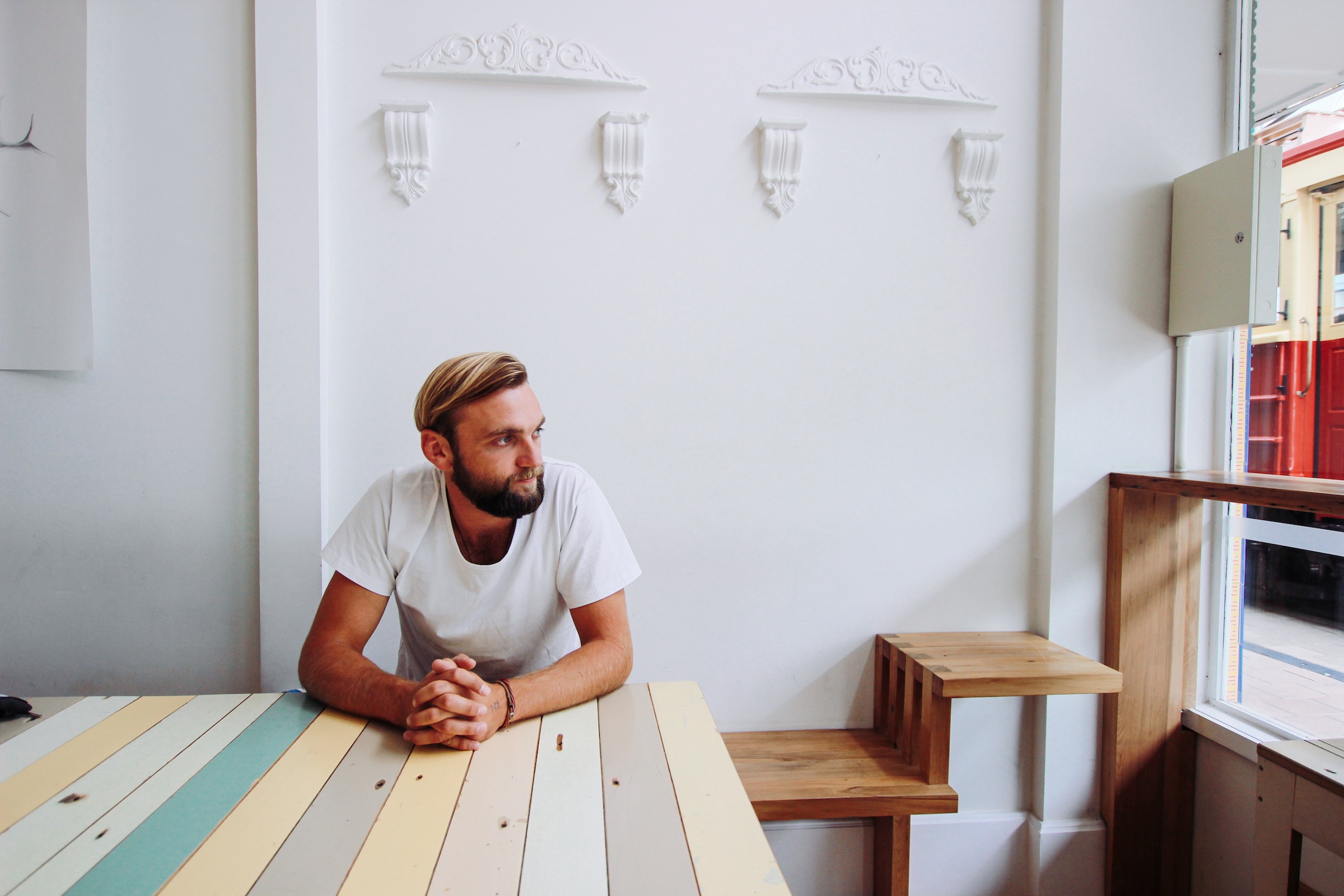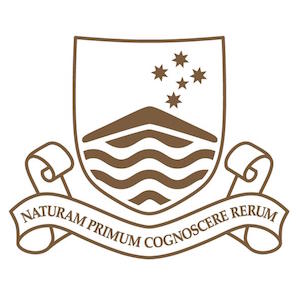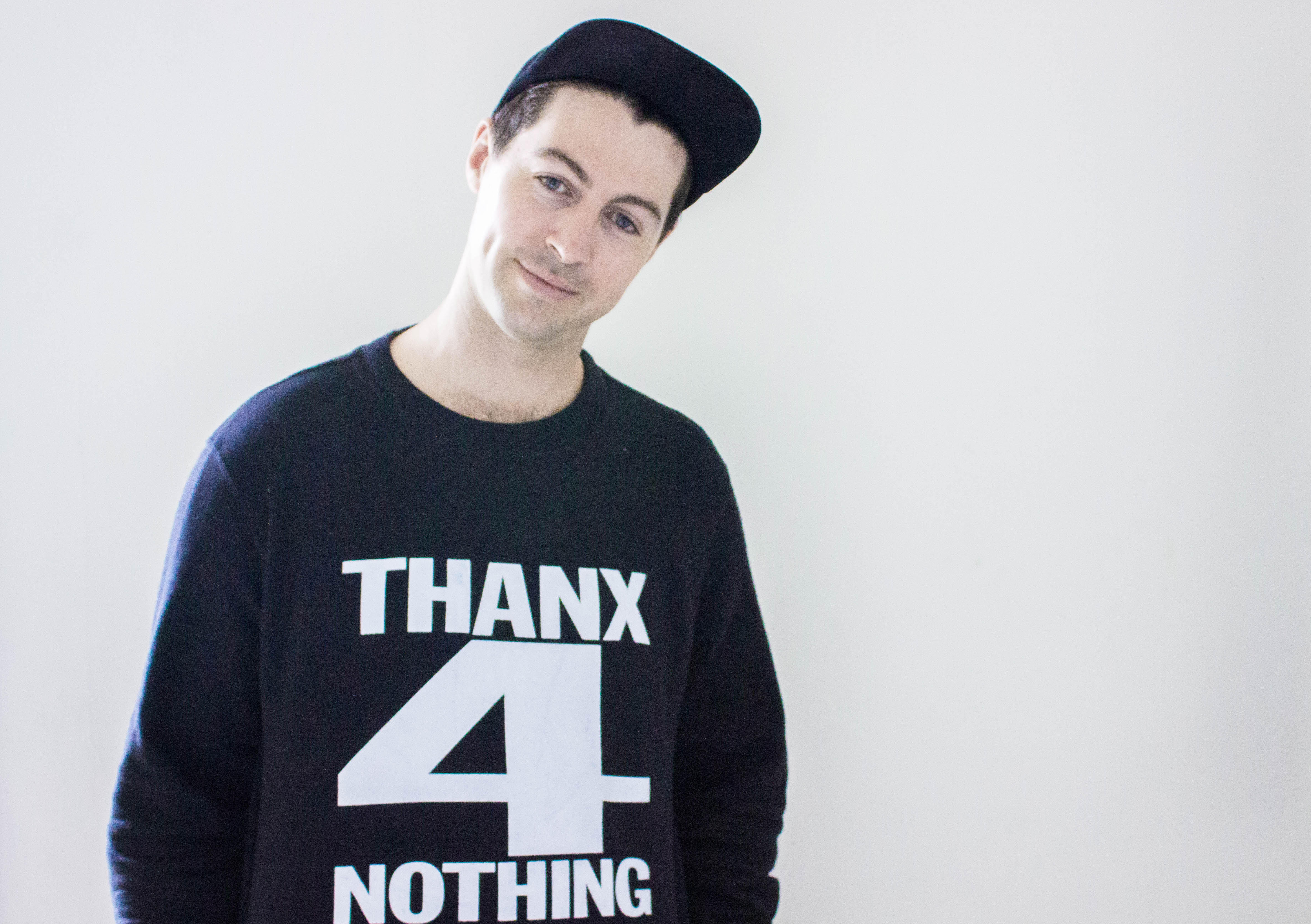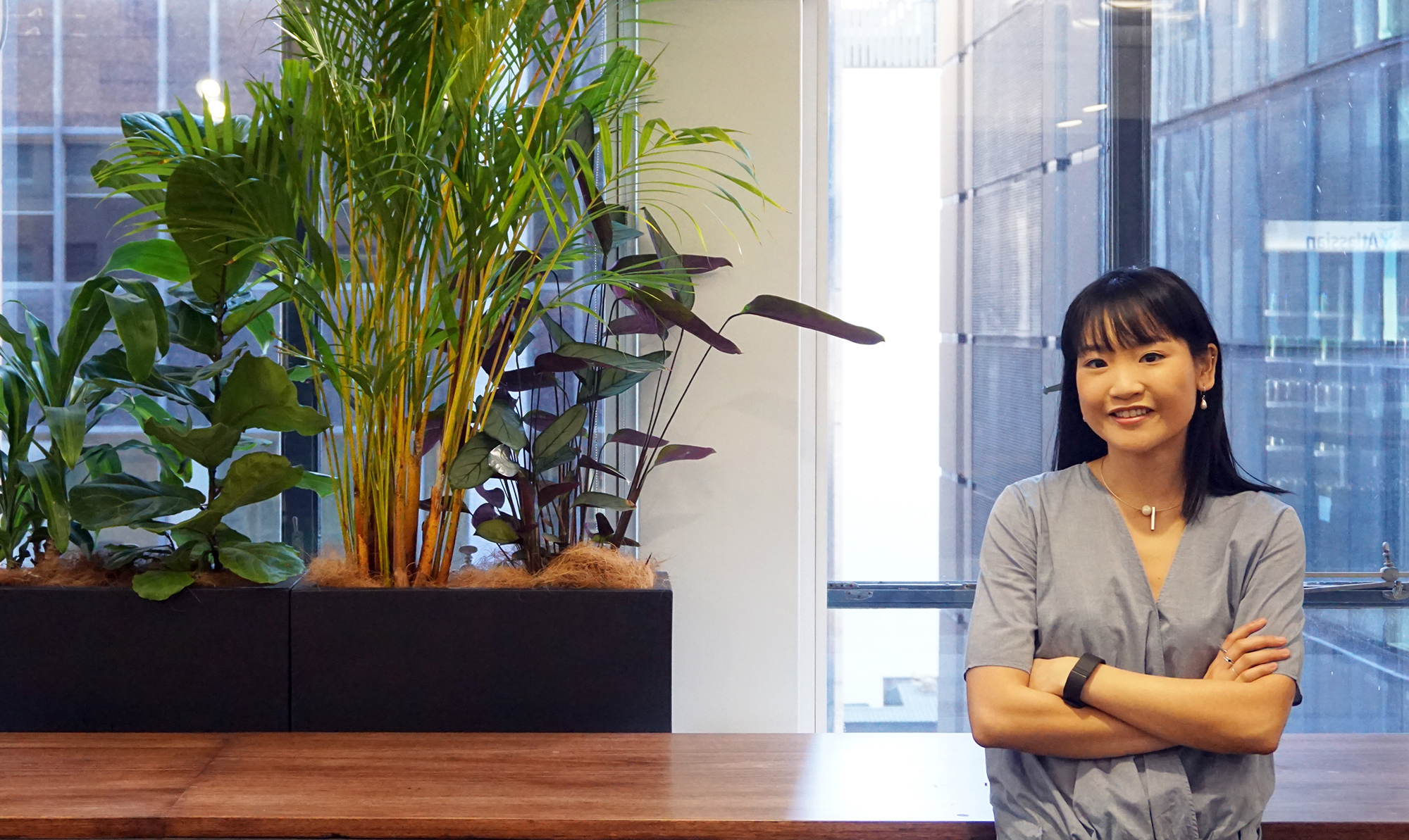Digital Nomads: How To Do Life Your Way


It's time to discover your passion
This article is brought to you in partnership with ANU.
–
Earlier this year, Si Jay Gould spent two months in Europe and Japan with his partner and their newborn baby. Seated in hotel rooms, airport lounges, cafes and sometimes co-working spaces, he’d devote six am till midday to handling Australian business affairs for his boutique record label, management, and events company Wondercore Island. Best known for his longstanding association with Melbourne-based jazz-funk quartet Hiatus Kaioyte, Gould also has a close hand in the careers of a range of Australian and New Zealand musicians including CORIN, Groeni, Jaala, Lossless, Noah Slee, Oscar Key Sung and Vulture St Tape Gang. After taking a long lunch with the family, he’d get back to work at around 3 pm to handle UK affairs, take some time off, and connect with work colleges in the US around 10 pm.
Gould is an excellent example of a digital nomad. People like him make use of the global connectivity afforded to us by smartphones, laptops, cloud-based storage services and wi-fi to work or study remotely. As long as they have an internet connection to tether to or a shared working station they can check into, they can conduct their day-to-day affairs from anywhere in the world.
For a generation of students, graduates and self-directed go-getters who’ve grown up in an era of online content streaming services, who needs a house full of possessions when you could live and work while traveling the world? “I don’t really own anything, which makes moving around a lot easier,” explains another digital nomad, Johnny Gibson. “I plan two months ahead, so I roughly know where I’ll be, then I book flights ten days out.”

Wondercore Island’s Jay Si Gould … spent two months working remotely in Europe and Japan.
Professionally speaking, Gibson is one-half of Neat Places: an online city guide to New Zealand. He’s also the general director of Nostalgia Festival, an annual music, food and culture festival held within a 1900s era heritage park in Christchurch. The site of a series of devastating earthquakes in 2010 and 2011, Christchurch has been in a state of demolition and rebuild since. It’s loaded with potential, but difficult. So, when Neat Places and Nostalgia Festival launched, Gibson began regularly moving around New Zealand. His mobile lifestyle has helped Neat Palaces expand from a Christchurch-focused entertainment and hospitality guide into a national website. It’s also allowed him to network with music, food and culture people across the country for Nostalgia Festival. “Due to Christchurch’s status, part-time living in other cities is key for clarity and creative thoughts,” he says.
“Flexibility and freedom to travel can be a big motivator.”
The regional director for design, marketing, technology, data and online-focused global education start-up General Assembly’s Sydney operations, Zoe Nagara is a digital nomad’s digital nomad. “[People] come through our doors are looking for a career change or to up-skill and enter the tech space,” she explains. “Flexibility and freedom to travel can be a big motivator. Common professions amongst ‘digital nomads’ are web developers, designers, digital marketers, bloggers, and copywriters.” Zoe sees millennials as placing a great value on new experiences. In response, smart employers offer flexible work options. Echoing Gibson’s sentiments, Nagara sees the inspiration and perspective afforded by this lifestyle as one of its biggest benefits. “Working remotely can help you become more efficient at work and learn the value of taking time out to look at things a little differently.”

Zoe Nagara: “Working remotely can help you become more efficient at work.”
After graduating from University in Auckland, New Zealand with a Bachelor of Communication Studies, Sarah Illingworth was employed to run a “music zine-style website.” When she ended up living between New Zealand and the US, Illingworth became a freelance journalist, editor, and copywriter. Along the way, she’s contributed to The Huffington Post, Monocle and Zenith Magazine, and media outlets across New Zealand and Australia.
After completing an MSc in Poverty & Development at the University of Manchester, Illingworth began been working as a Research Associate at the Sheffield Institute for International Development. She also edits political-social issues website Impolitikal, freelances, and recently sat on the editorial board for a collection of essays on New Zealand’s changing media landscape titled. Don’t Dream It’s Over: Reimagining Journalism in Aotearoa New Zealand.
What advice does Illingworth have for people interested in a digital nomad lifestyle? “In a work sense, it’s a lot smarter to develop strong relationships with multiple clients or build your income up in another way, before taking the leap. That’s not something I’ve been particularly smart about. I don’t regret my path because it’s been interesting all the same, but I feel really tired quite a lot.”
Difficulties and misgivings notwithstanding, it’s very hard to picture Illingworth, Nagara, Gibson or Gould completely giving up their current lifestyles. “I think as a writer – and as a human – it’s important to exit your comfort zone frequently to remind yourself you’re a little fish in a big pond,” Illingworth muses. So why not explore the pond the digital nomad way?
–
ANU is Australia’s top-ranked university in the QS World University Rankings 2016. Take a personalised campus tour and see yourself at ANU in 2017.